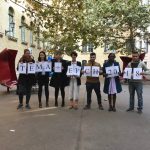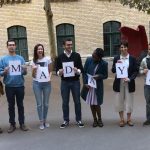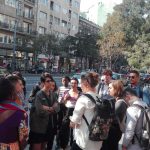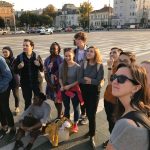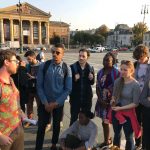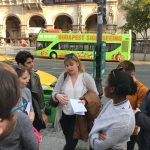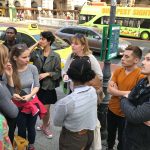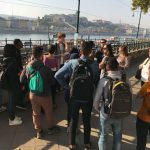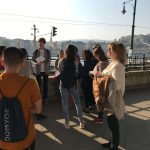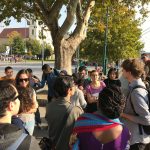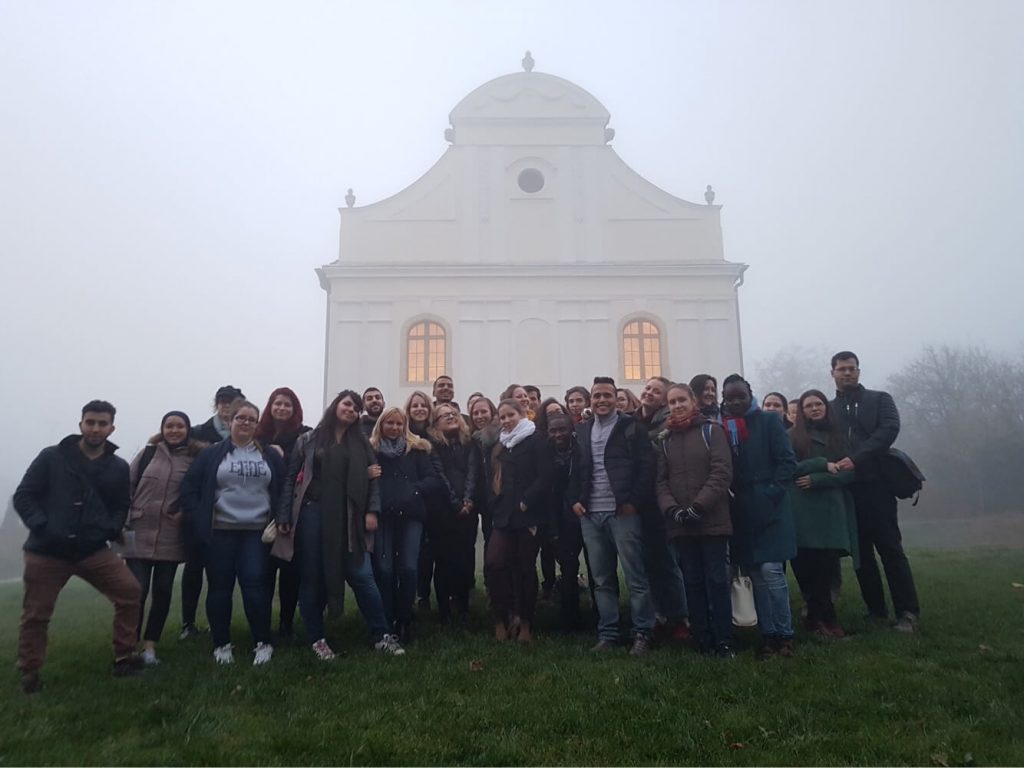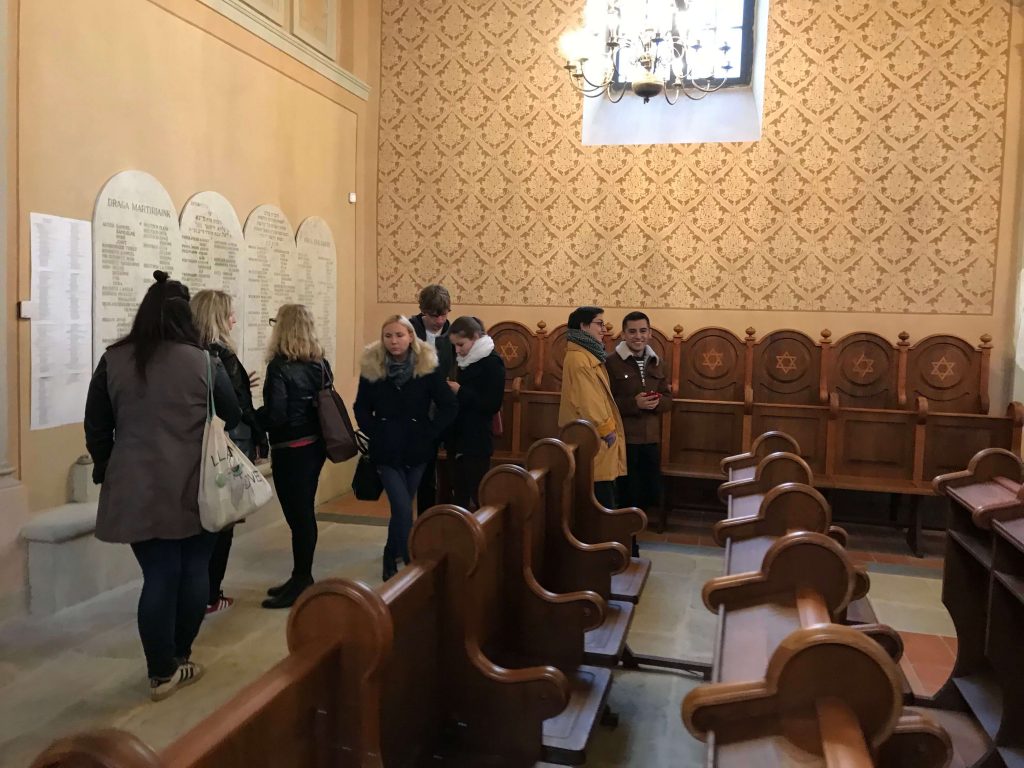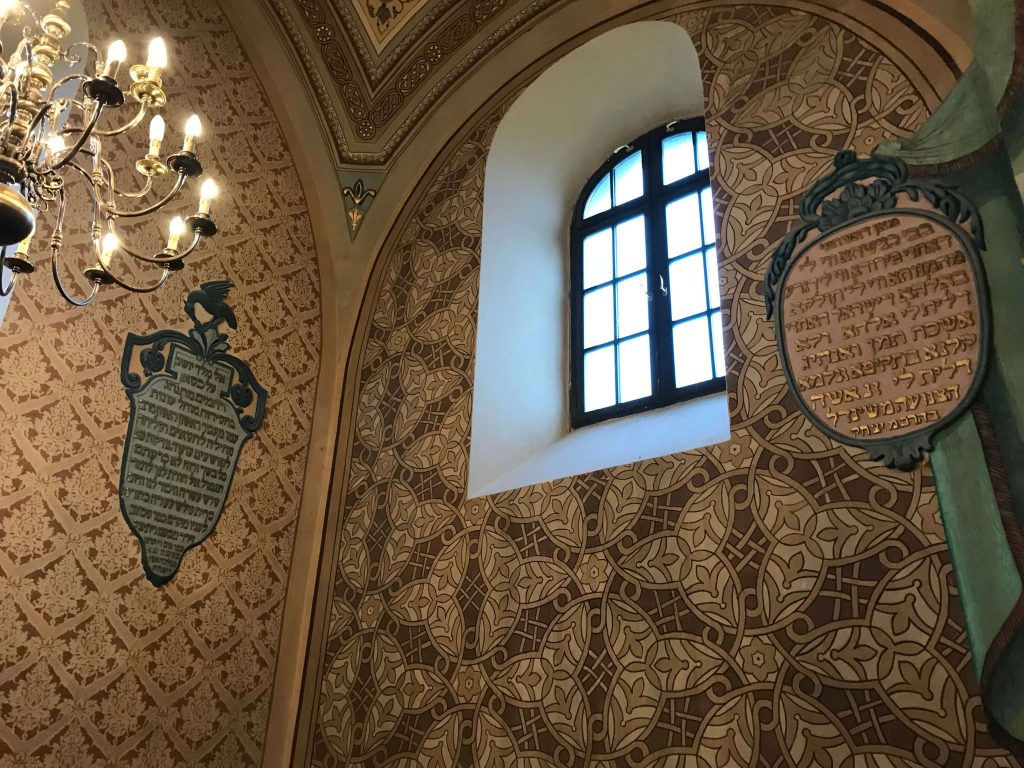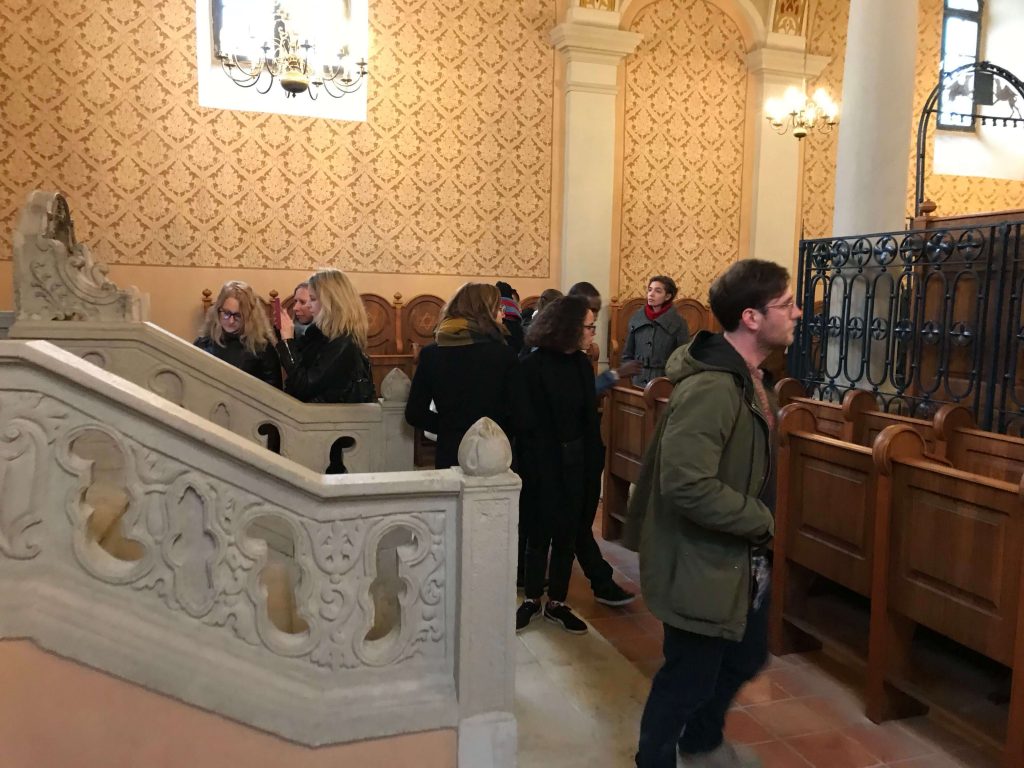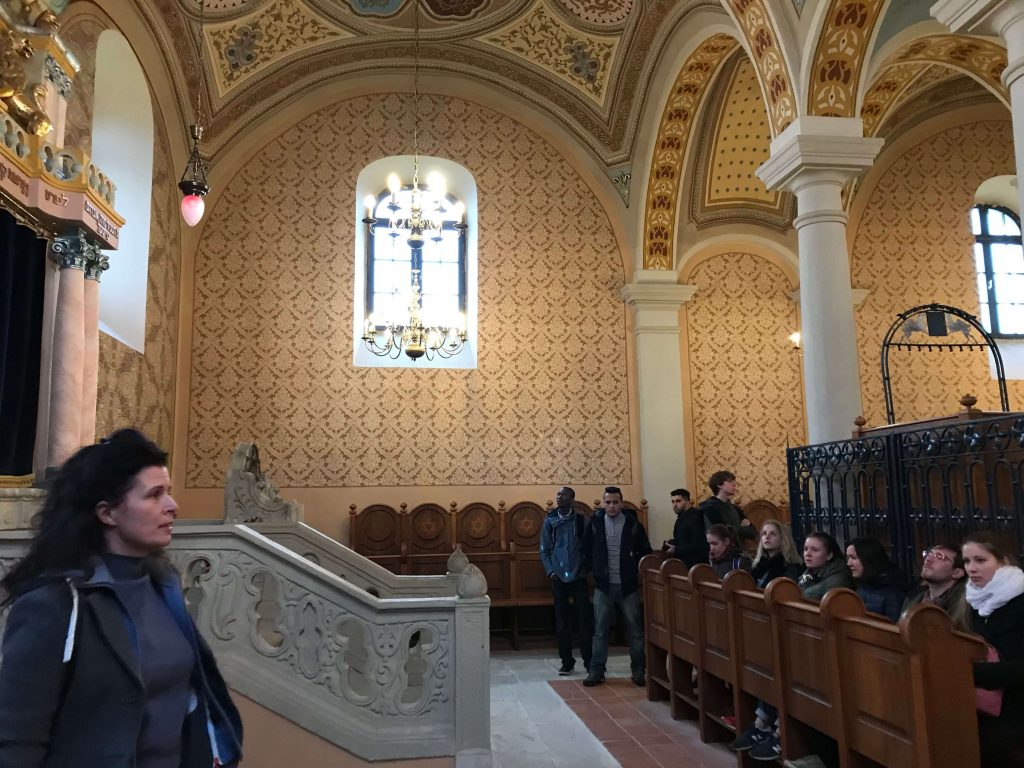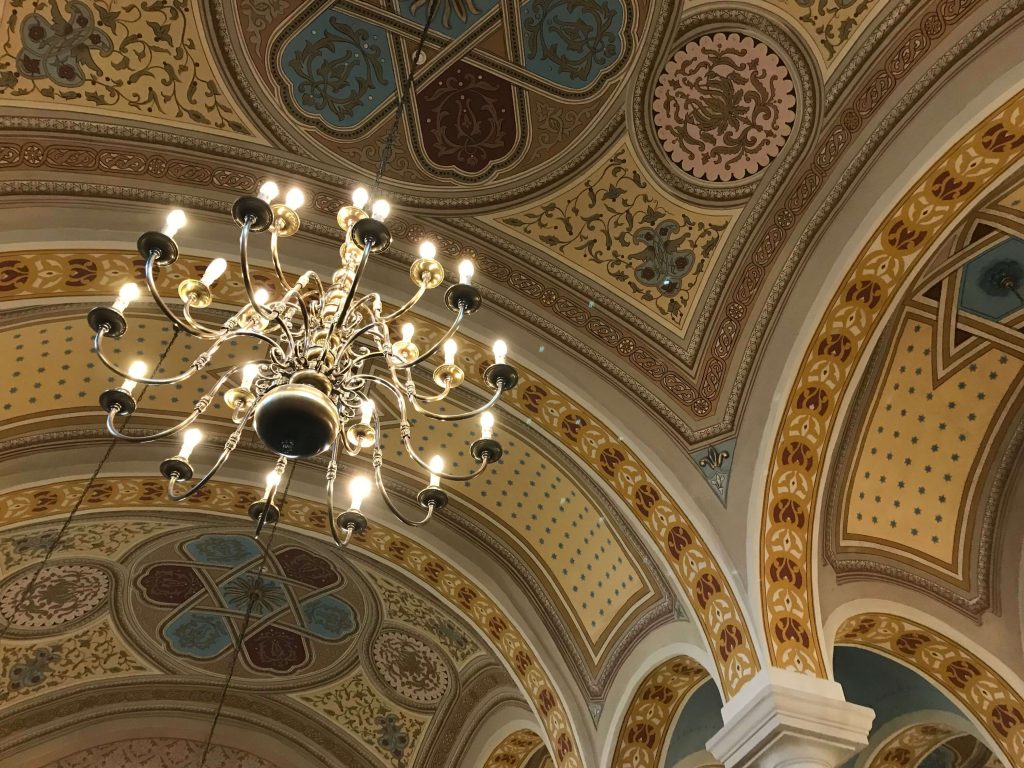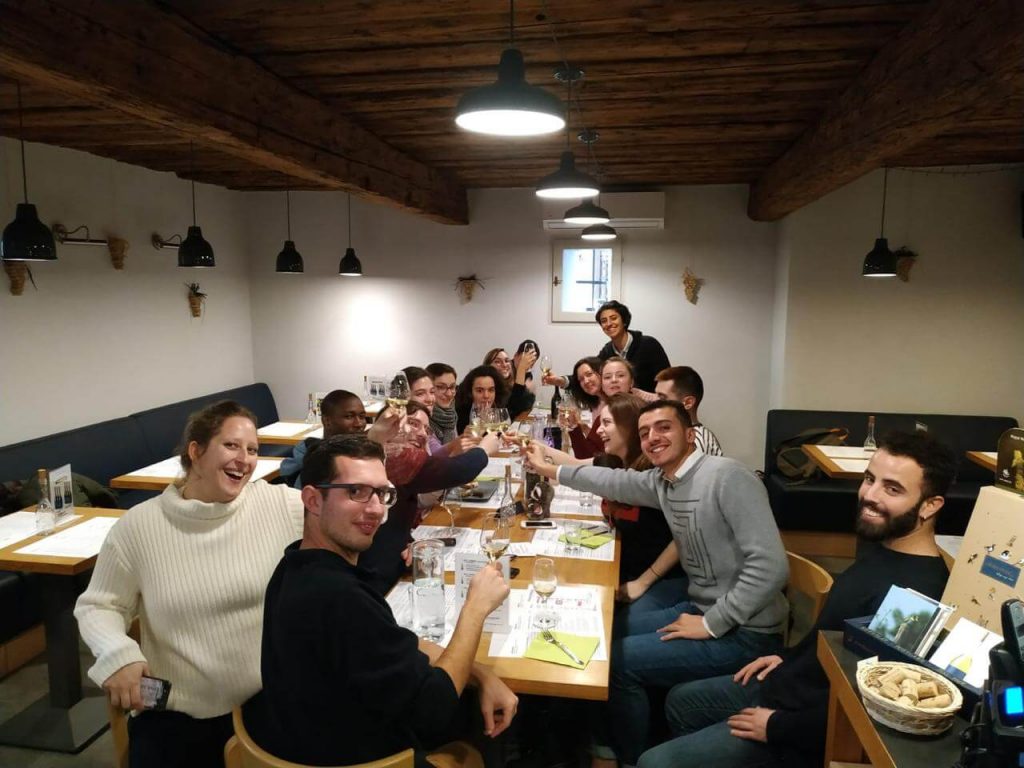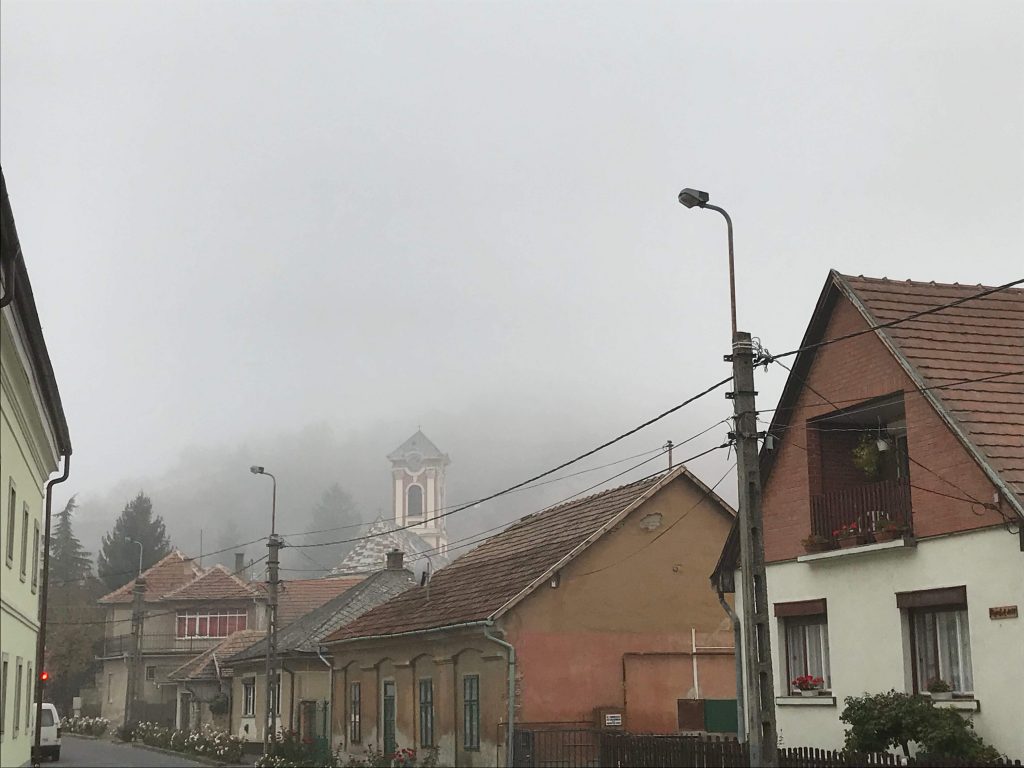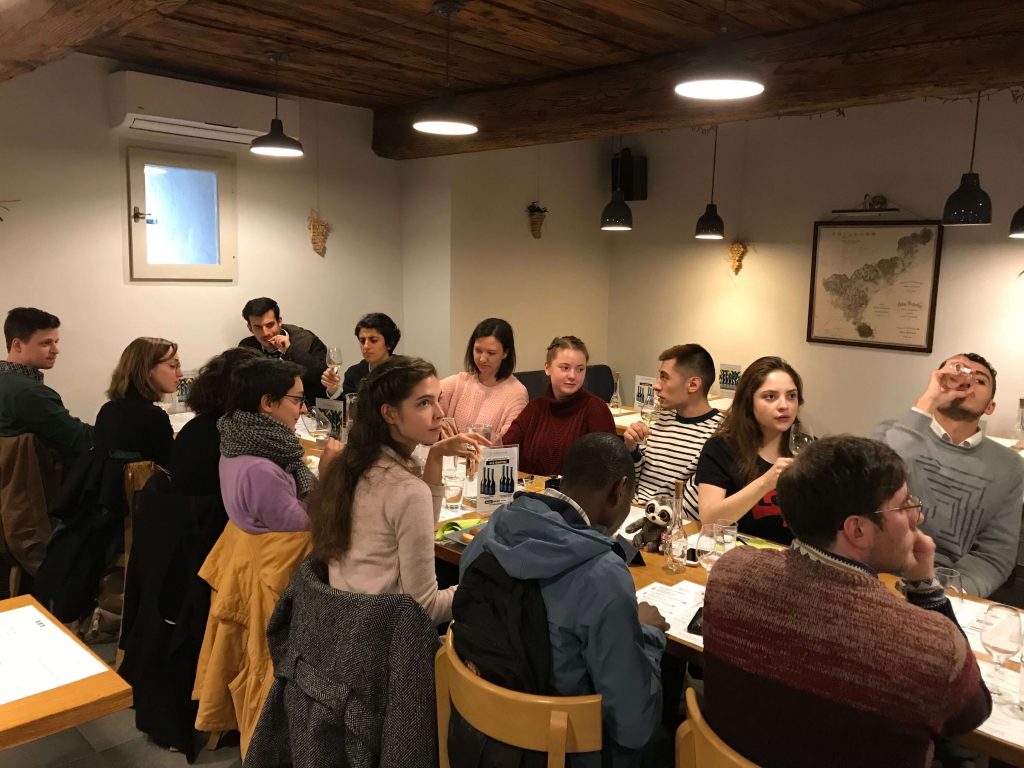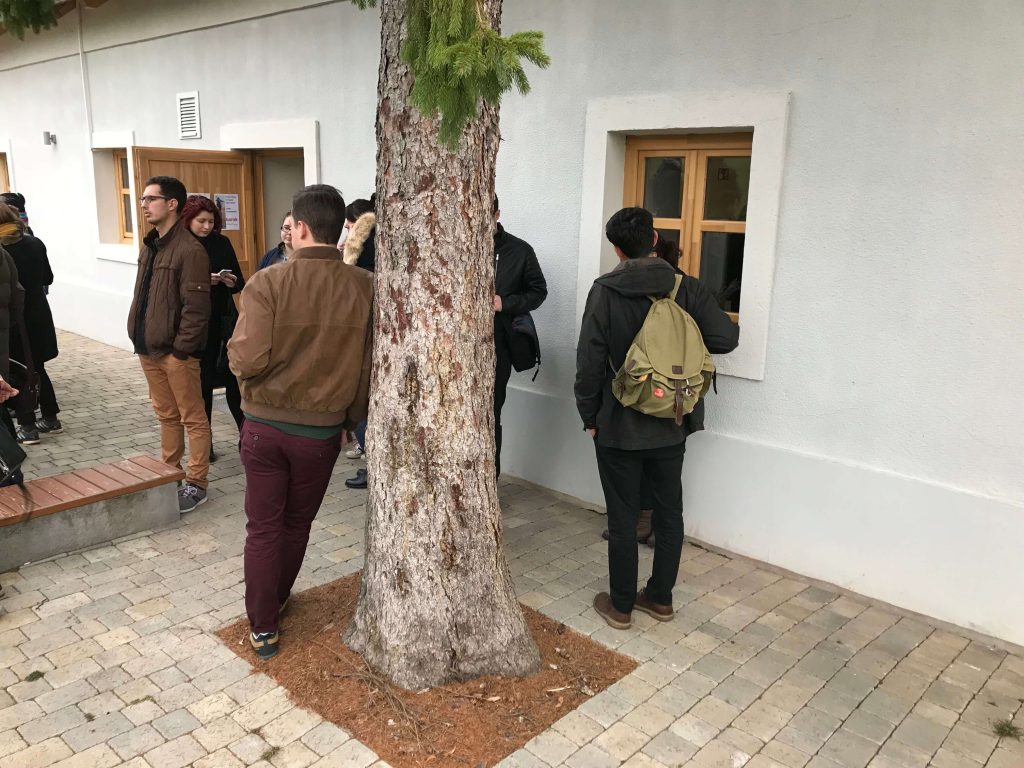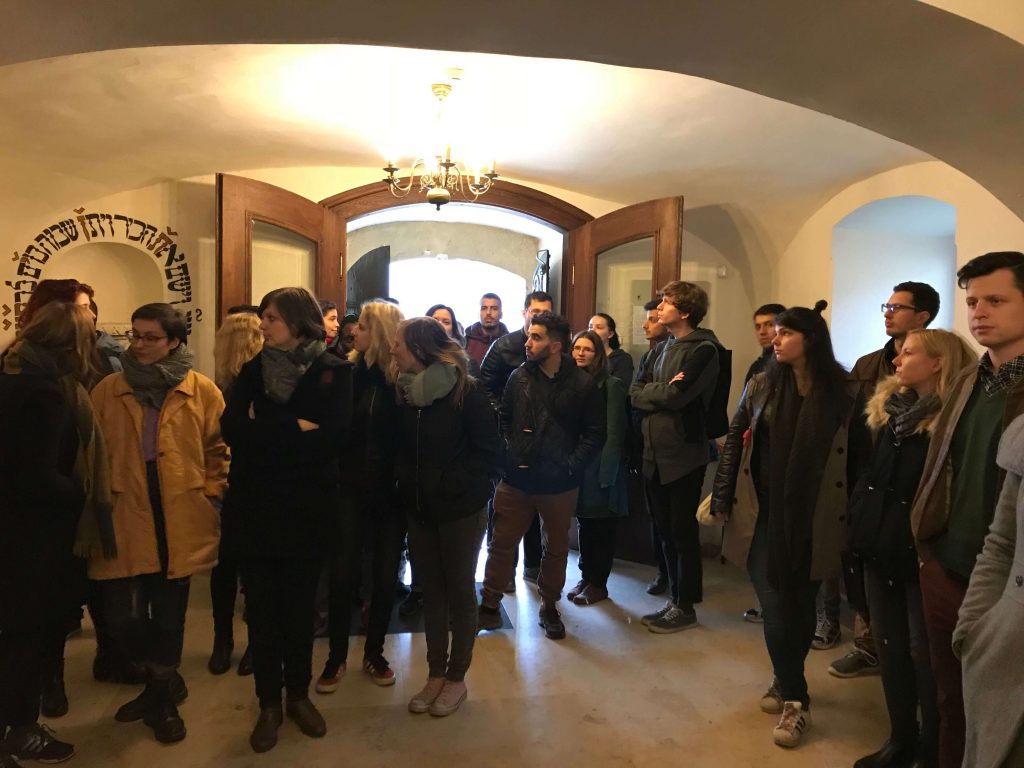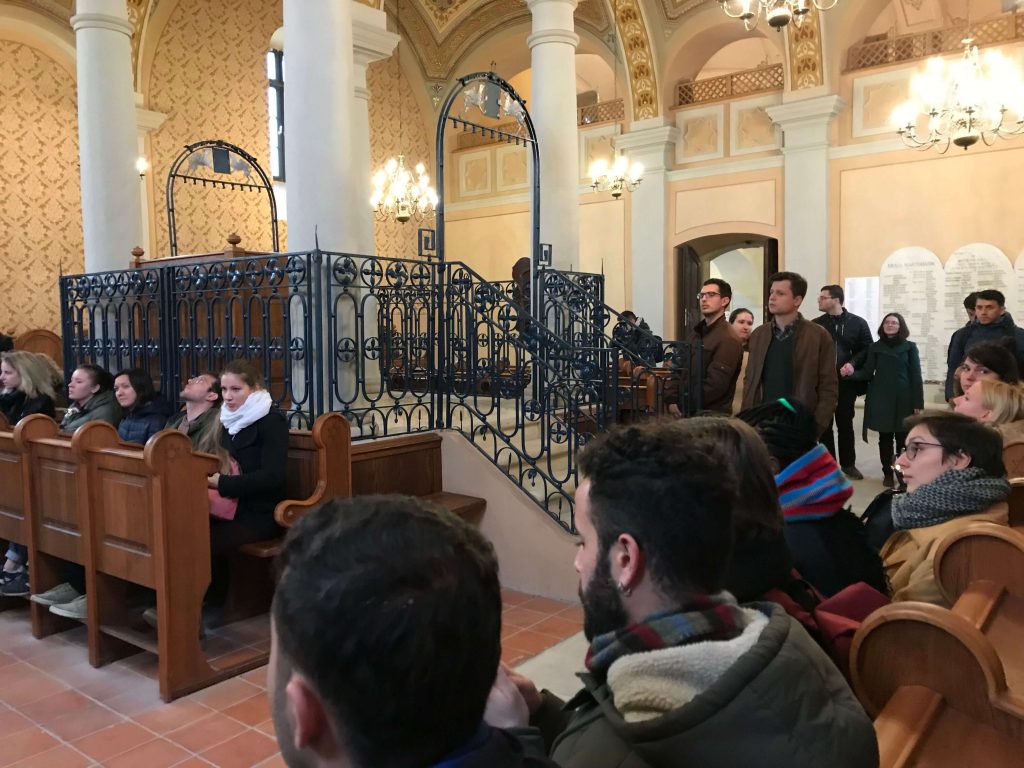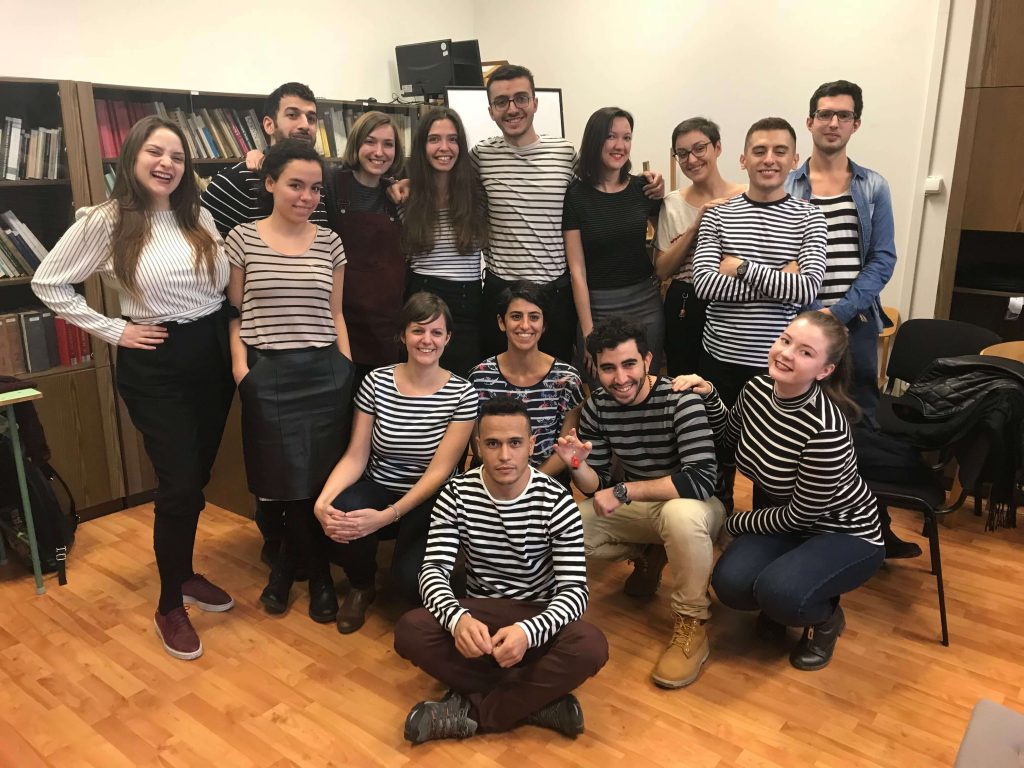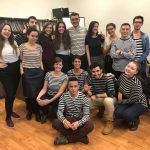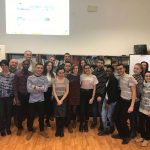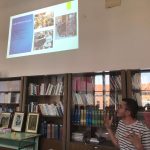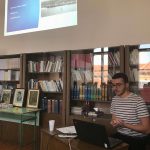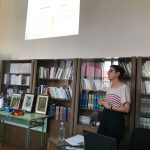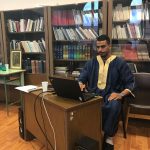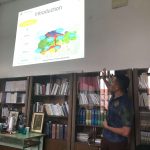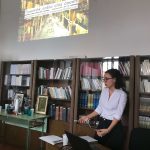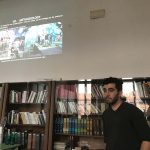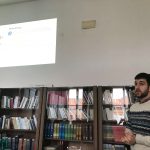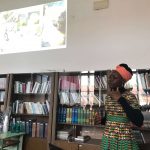|
Family name |
First name |
Nationality |
Research topic |
|
Bernardot |
Hélène |
French |
Open Air Museums: Representing Ethnography and History, Interacting |
|
Rocha Joaquim |
João Pedro |
Portuguese |
Museums and Agriculture in Cold War Europe: The establishment of the |
|
Paulik |
Róza |
Hungarian |
Representation of the socialist heritage in Prague city guidebooks |
|
Fanget |
Aude |
French |
Human-sacred nexus creation trough senses: the feast of Sant'Agata in |
|
Martins Martello |
Aline |
Brazilian |
Un patrimoine fabriqué, du mémoires réélaborées: l'étude de l'enseigne |
|
Qechai |
Saber |
Moroccan |
L’institutionnalisation et la patrimonialisation de la culture |
|
Issa |
Rami |
Syrian |
The Absence of a Unified Place Identity and its Ramifications on the Sectarian |
|
Dali |
Amdjed Islam |
Algerian |
Industrial heritage: enhancement and reconversion of industrial |
|
Guzanova |
Tatiana |
Russian |
CULTURAL HERITAGE IN URBAN TOURISM AS A RESOURCE FOR SUSTAINABLE |
|
Meikengang |
Avenir Geradine |
Cameroonian |
GESTION DES SITES PATRIMONIAUX AU CAMEROUN: CAS |
|
Albornoz |
Jaime Nicanor |
Argentinian |
Glocal: Construction politique de l’identité territoriale dans les |
|
Chazal |
Elisa |
French |
La circulation d'un divertissement historique au sein des Expositions |
|
Koczka |
Tunde |
Hungarian |
Sustainable cultural heritage management and urban development in the |
|
Bilembo Adja |
Lourdes Peggy Armelle |
Ivorian |
Identités urbaine et héritage colonial: |
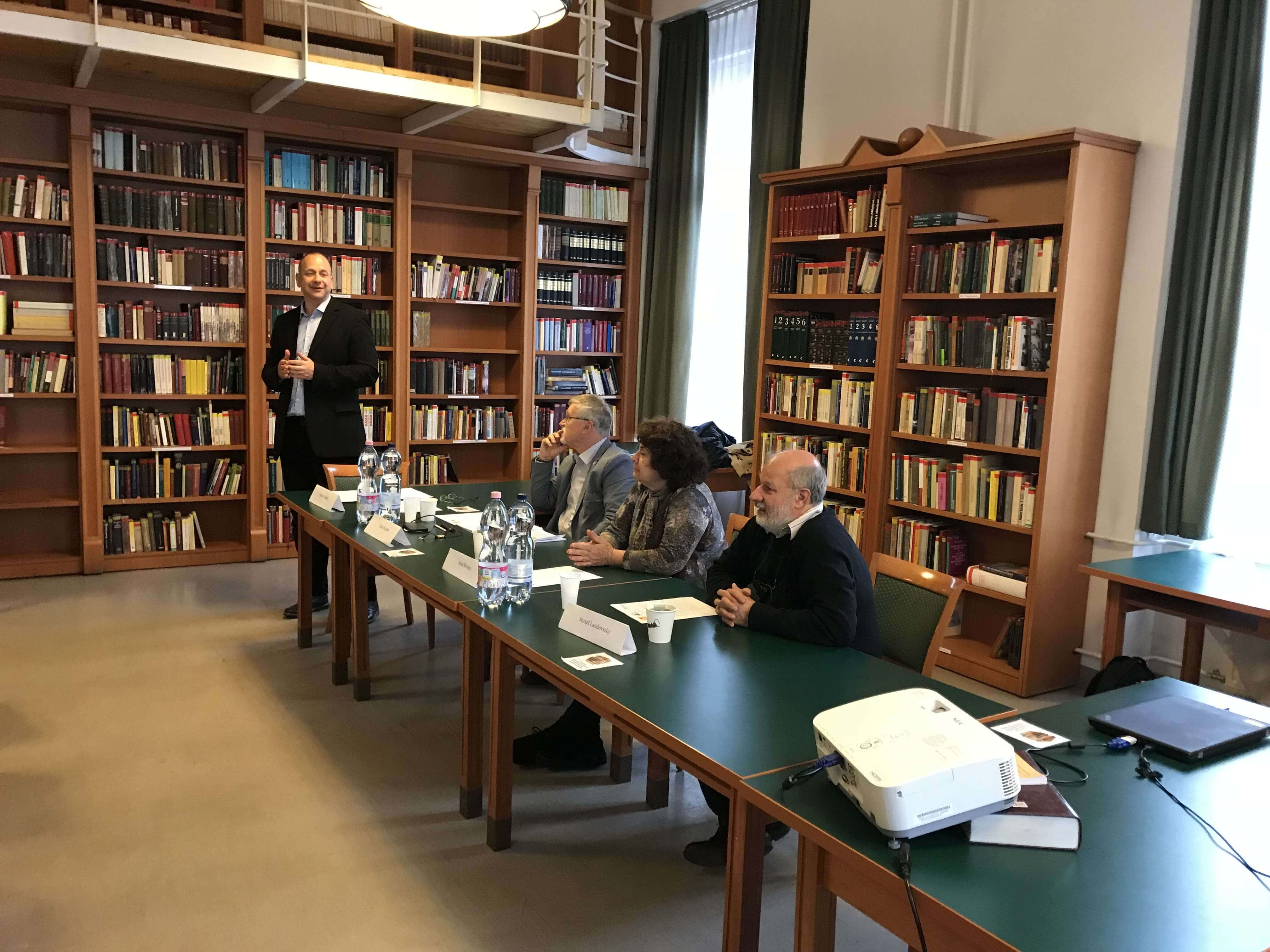
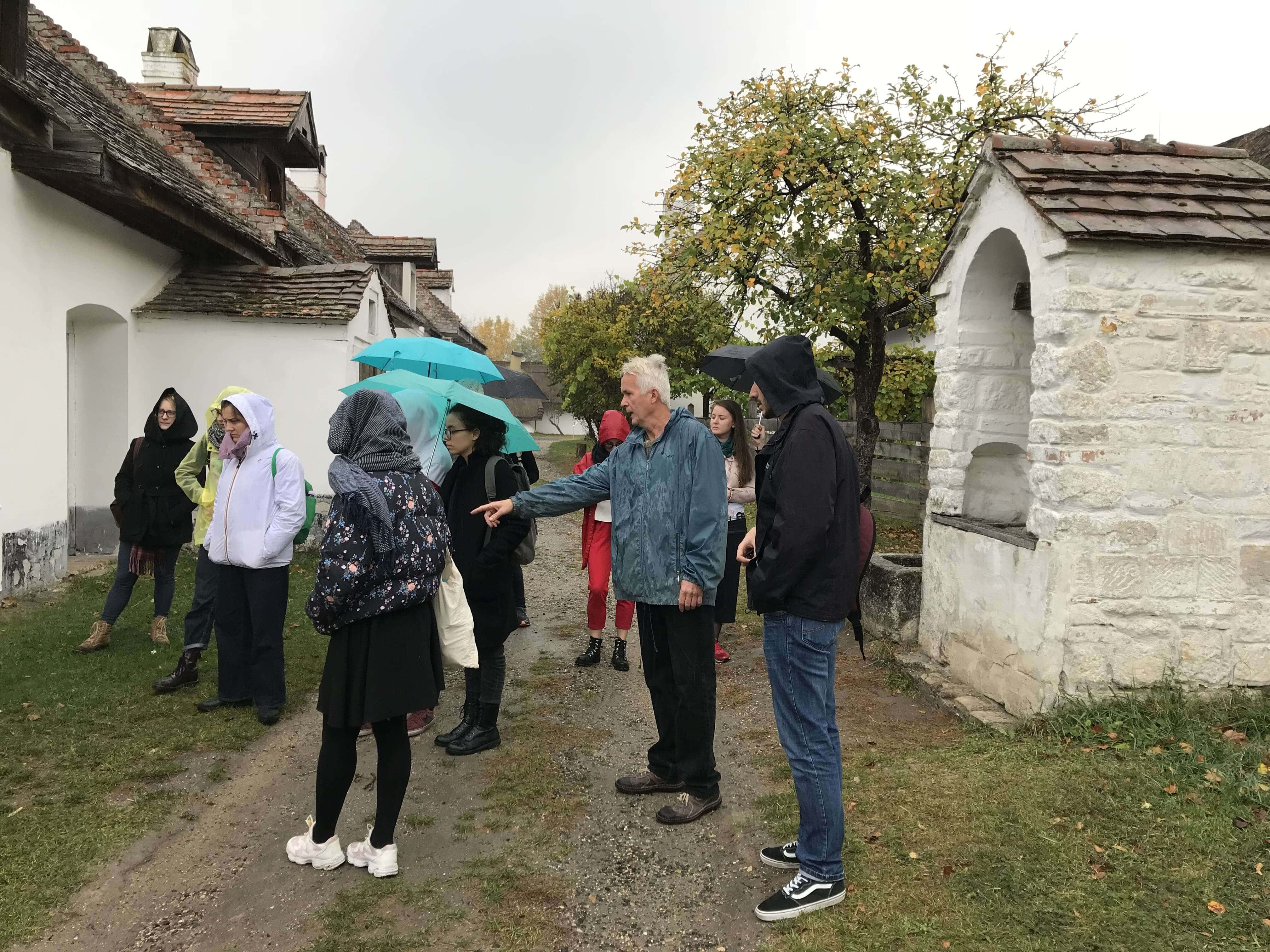
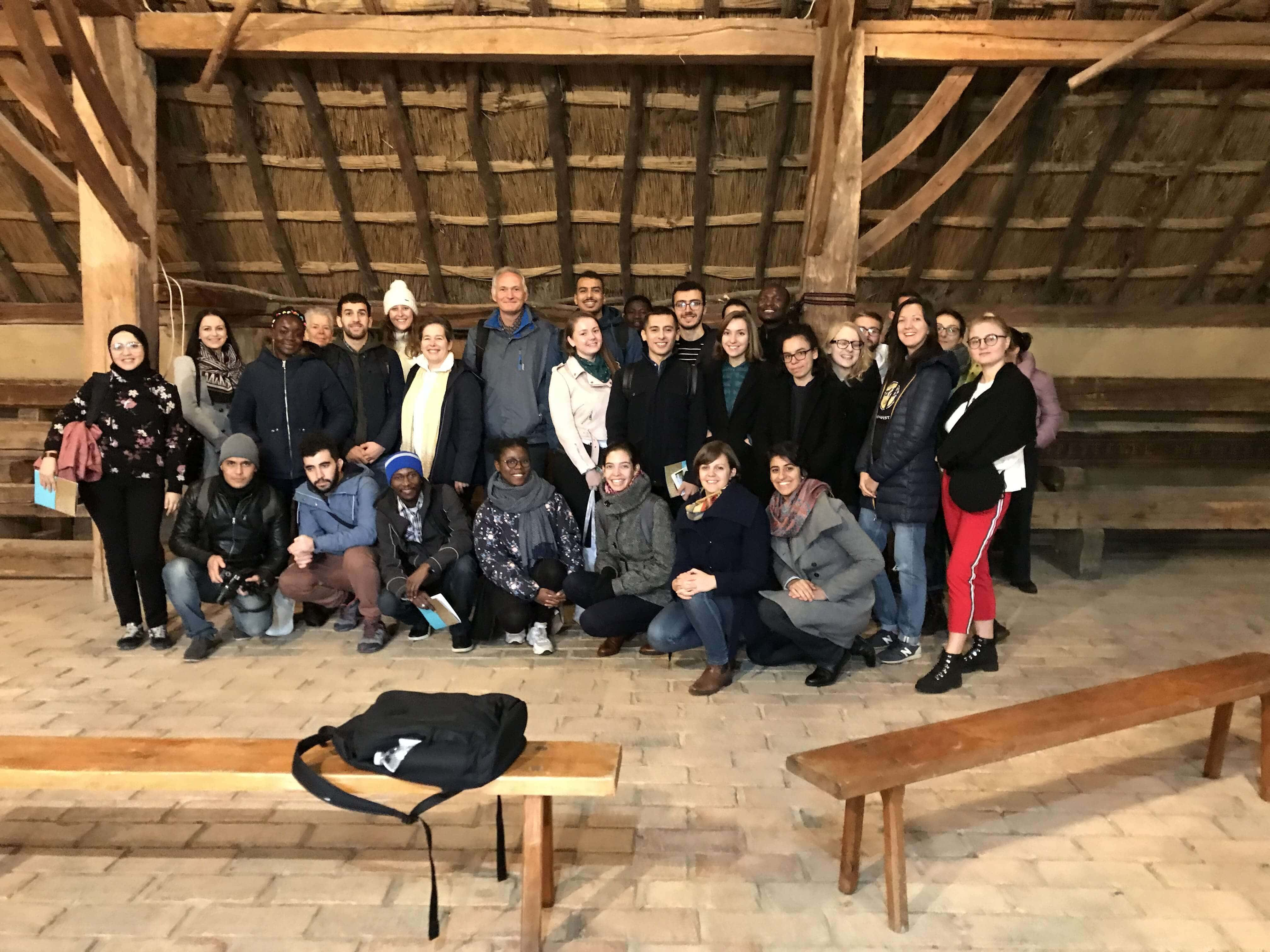
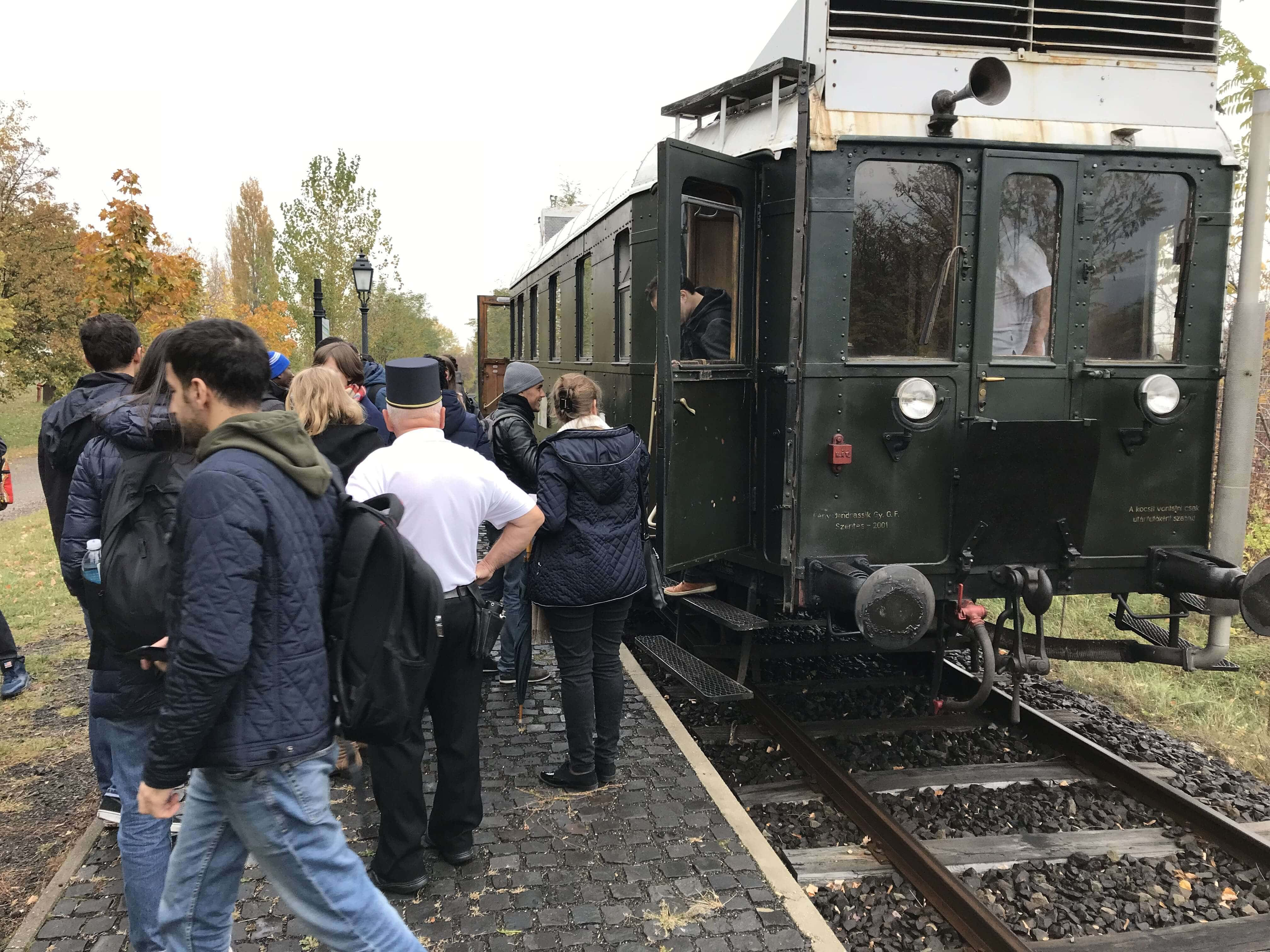
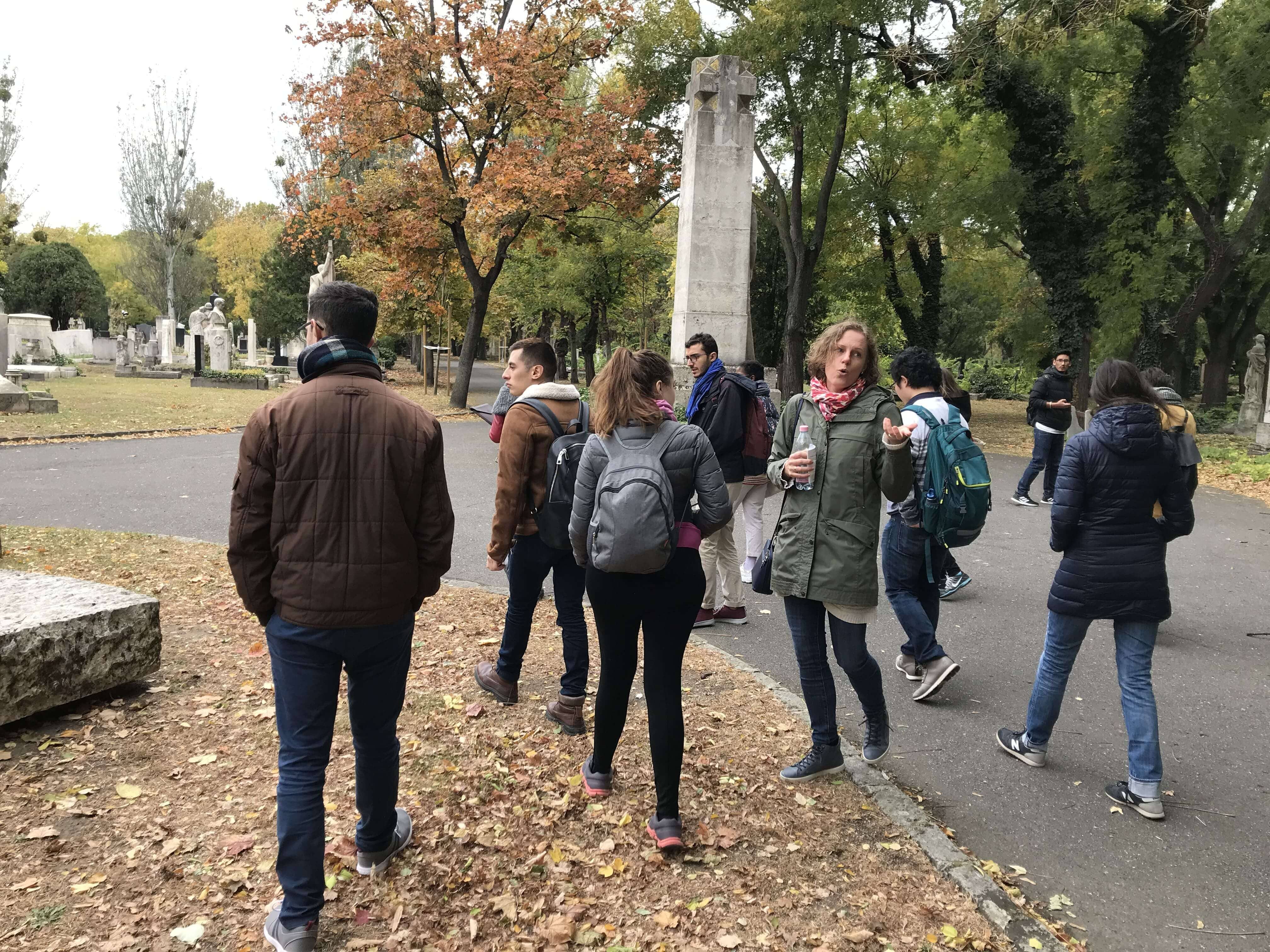
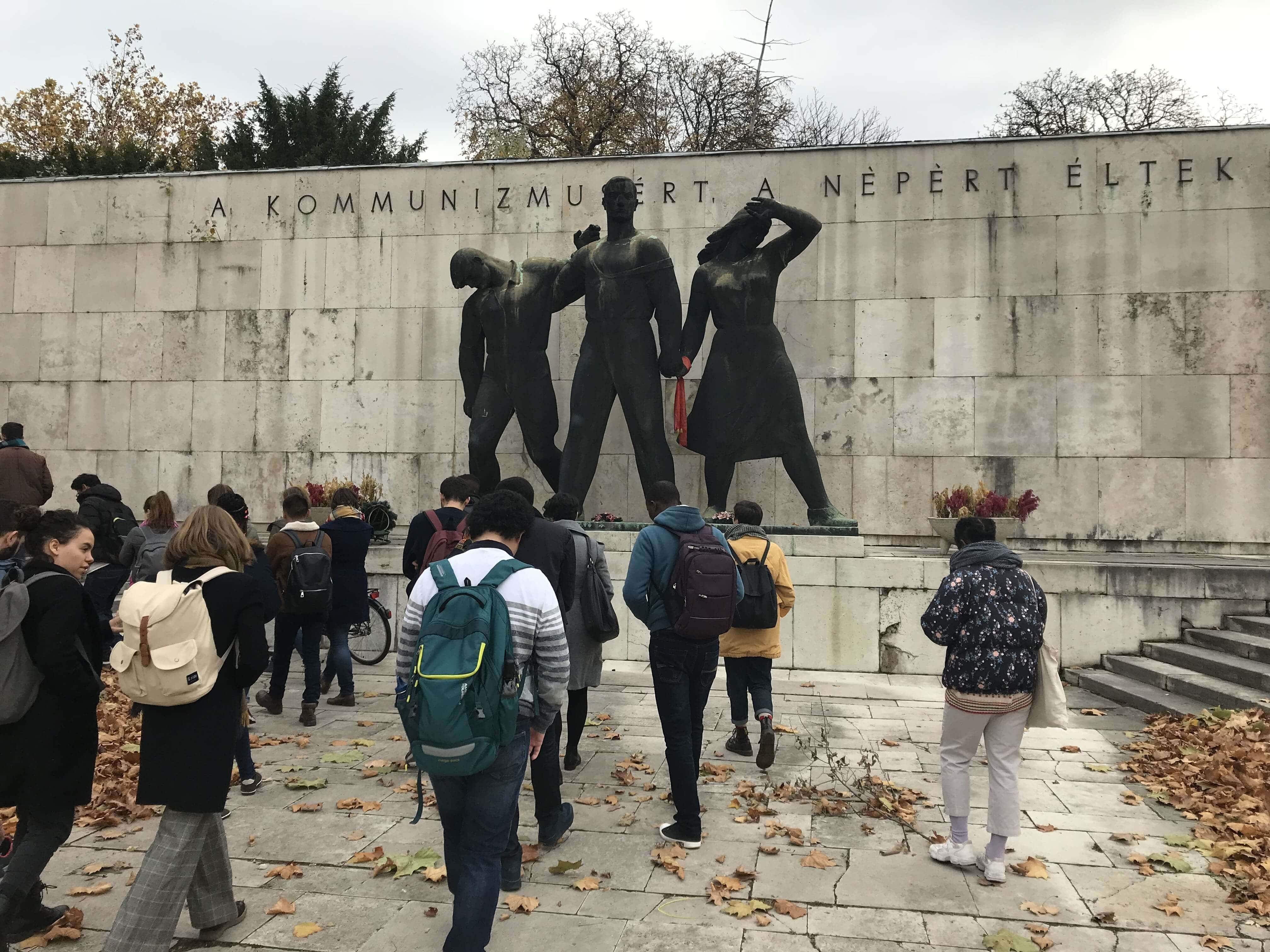
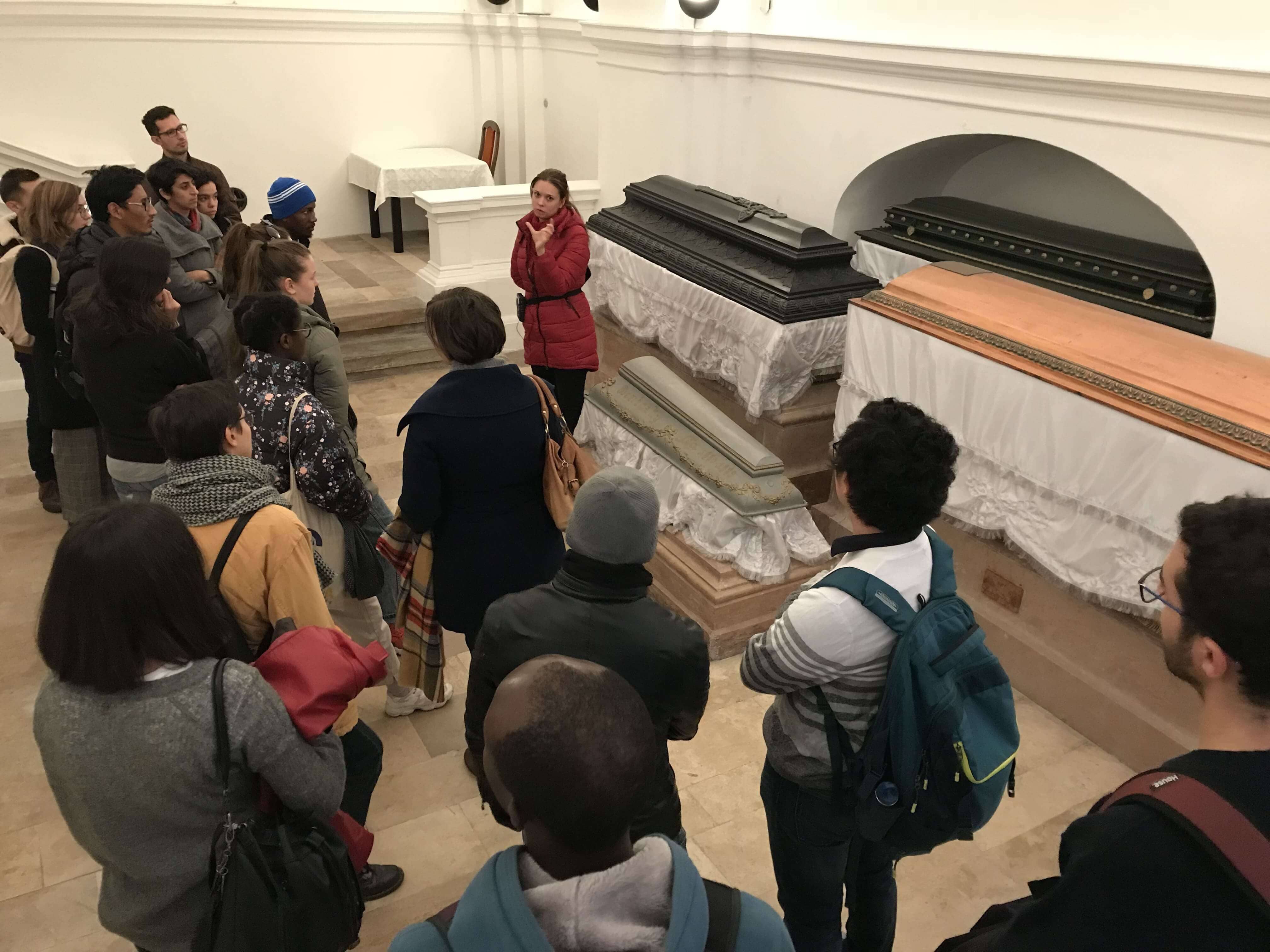
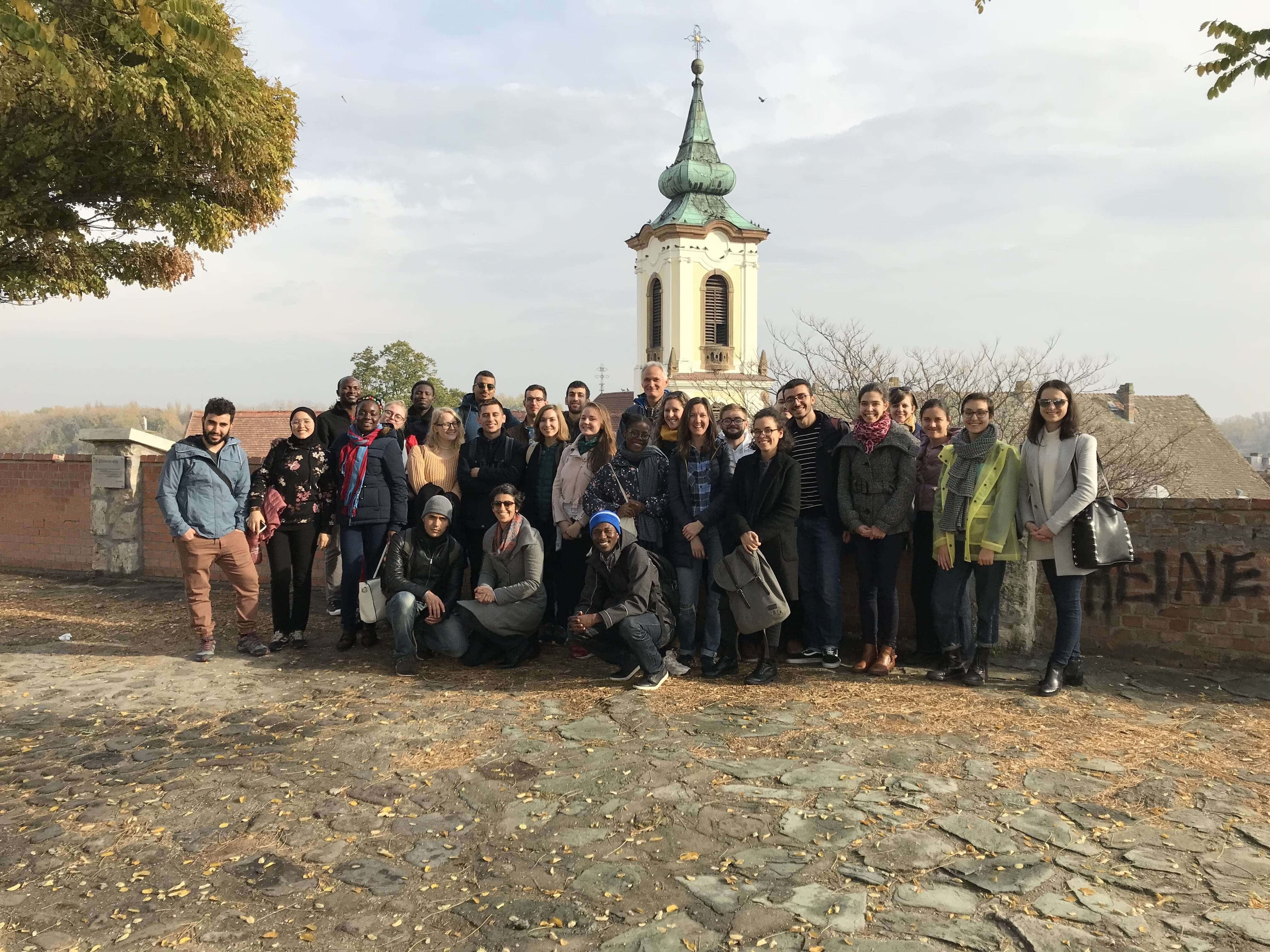
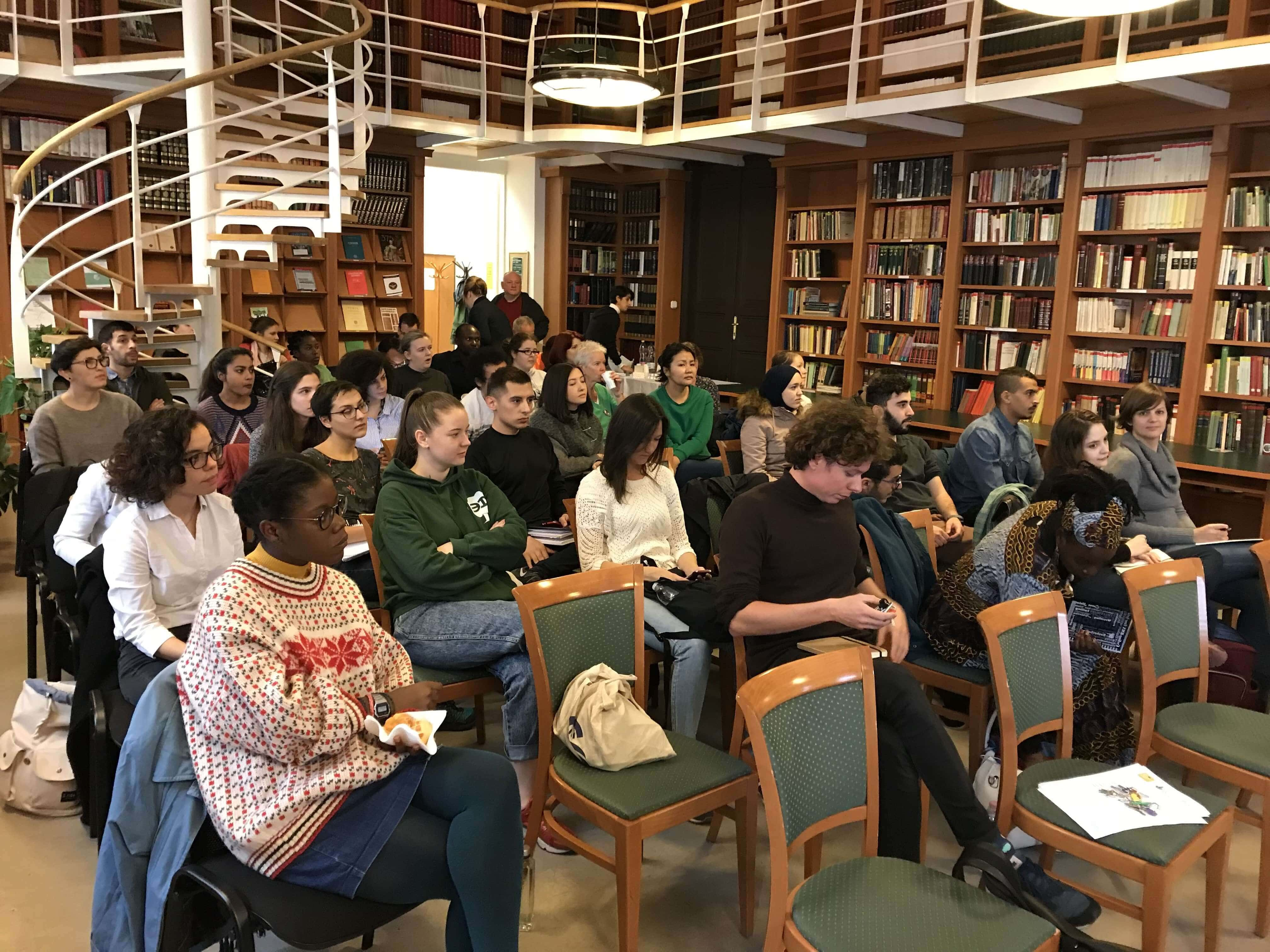



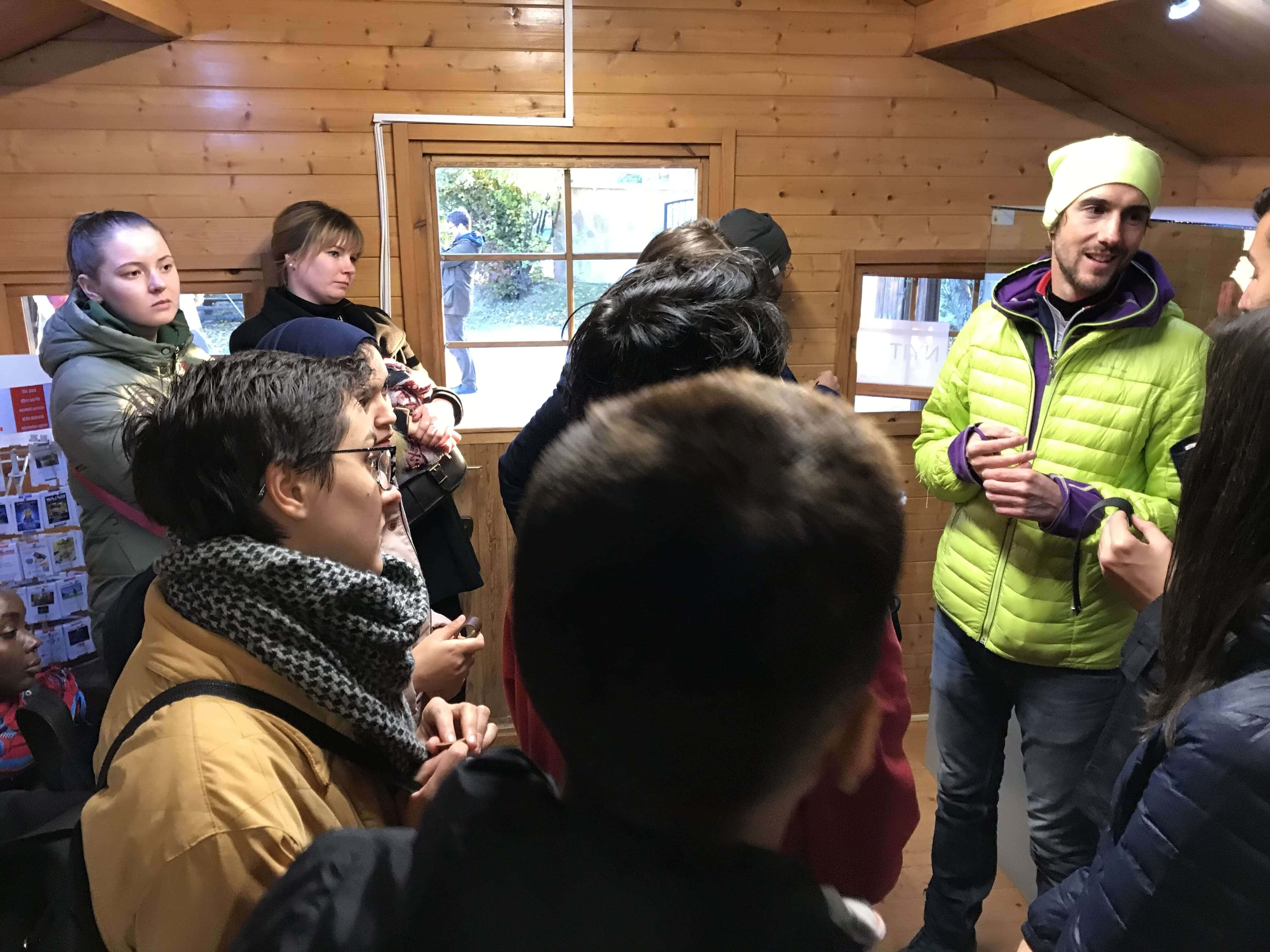

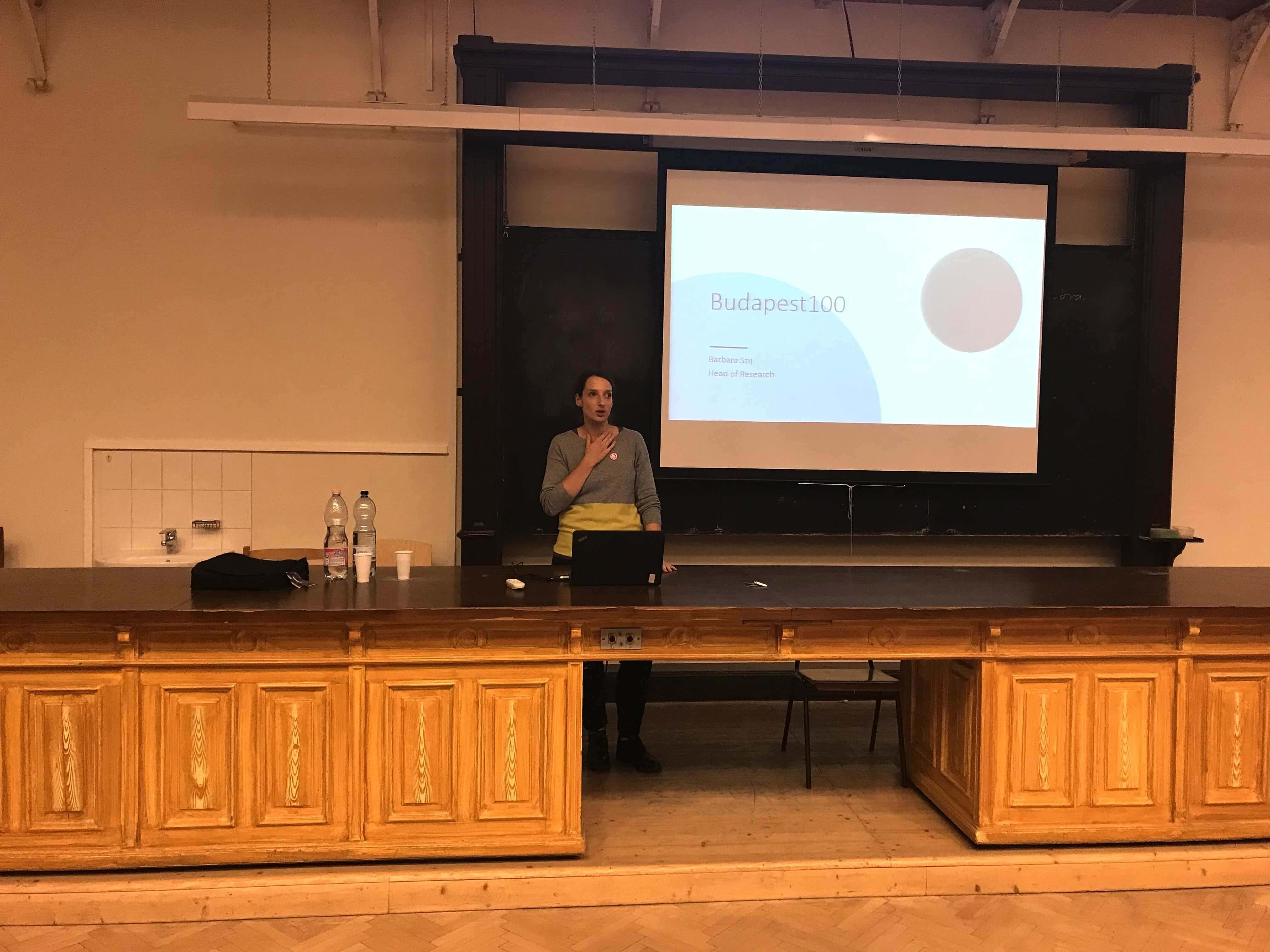
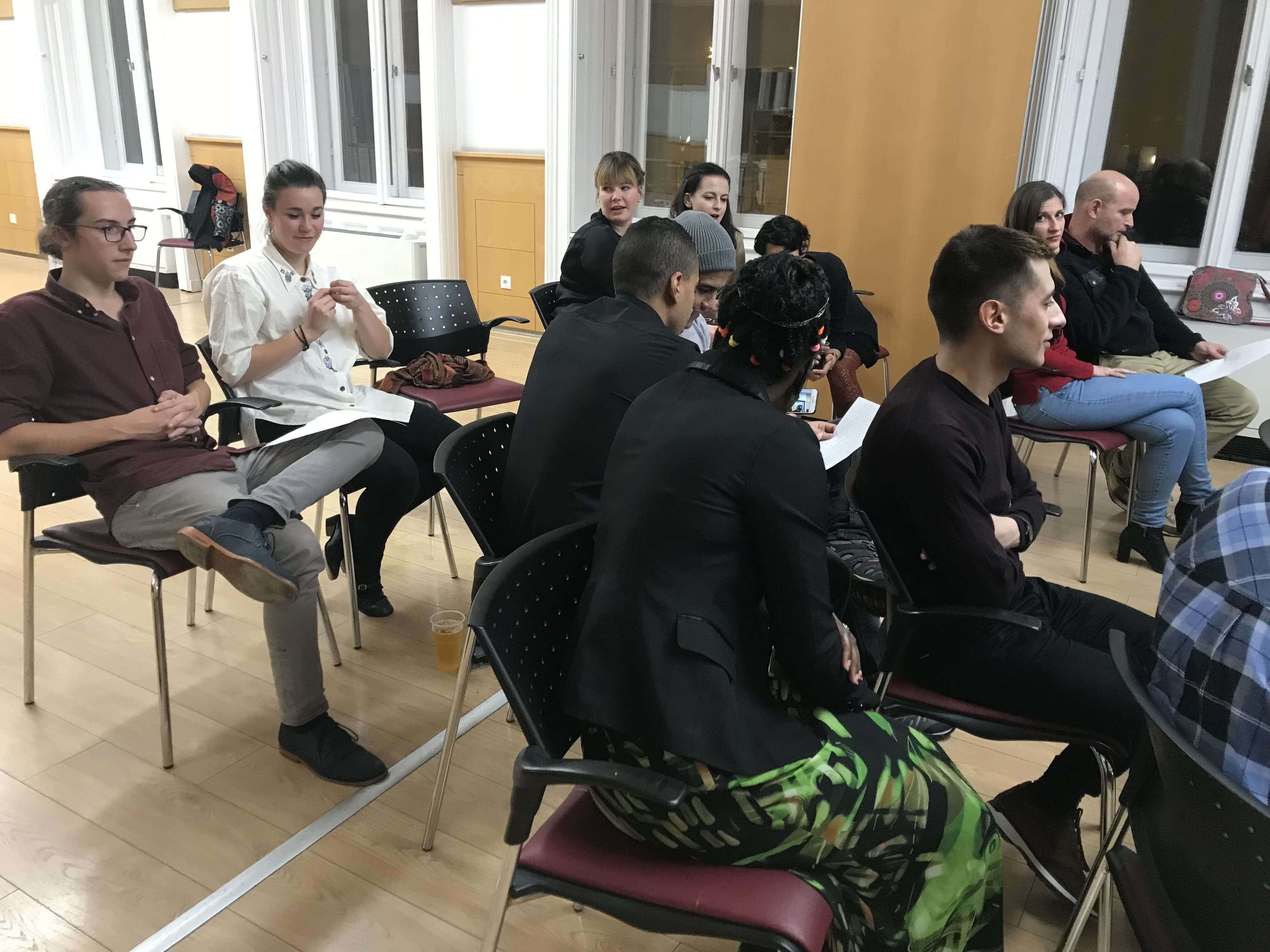
Gábor Sonkoly, Dean, Faculty of Humanities of ELTE, Project Manager of TEMA+
Tamás Fejérdy (Architect, conservator, Honorary Senior Lecturer, Honorary president of ICOMOS Hungary),
József Laszlovszky (Archeologist, Historian, Director of the Cultural Heritage Studies Program at CEU),
Anna Wessely (Sociologist, Art historian, ELTE TáTK Sociology Department)
Barna Petrányi and the whole team of„Journey to the Beginnings” Theatrical Adventure Game Project developped for European Year of Cultural Heritage 2018 by Pro Progressione, KÖME (Association of Cultural Heritage Managers) and „Matrica Museum”
Klára Kuti (Museologist, Project Manager at Hungarian National Museum)
Bénédicte Williams, Responsible for debates, analysis, and actual social questions at Institut Français and Edina Husi (BA student in History at ELTE, researcher/assistant of the Mobile application project of Institut Francais and Goethe Institut
Barbara Szij (Art Historian, Head of Research at Budapest100 (KÉK)
Angelika Bálint (Historian, Tour guide at Fiumei úti Sírkert, managed by National Cultural Heritage Institute ), Dóra Mérai (Art Historian, Medievalist, Postdoc Fellow at CEU, Cultural Heritage Studies MA, Openheritage project)
Eszter Csonka-Takács (Ethnographer, Director of the Department of Intangible Cultural Heritage)
Péter Erdősi (Historian, Professor at Atelier Department of ELTE)
Nikoletta Bánhegyi és György Bohus (Hungarian Folk Dancers)
This intensive but stimulating week started with a roundtable discussion on the importance of the work of David Lowenthal (1923– 2018) hosted and moderated by Gábor Sonkoly, Dean of the Faculty of Humanities of ELTE and Project Manager of TEMA+ European Territories: Heritage and Development EMJMD programme. The participants of the discussion were Anna Wessely (Sociologist, Art historian, ELTE TáTK Sociology Department), Tamás Fejérdy (Architect, conservator, Honorary Senior Lecturer, Honorary president of ICOMOS Hungary), and József Laszlovszky (Archeologist, Historian, Director of the Cultural Heritage Studies Program at CEU). The roundtable led to fruitful debates on cultural heritage thanks to the participation of students and teachers of ELTE, and was followed by Tamás Fejérdy’s presentation on international organizations of cultural heritage and monument protecion.
The TEMA+ group continued the day with a trip to Százhalombatta. We had the honour to inaugurate the prototype of their theatrical adventure game called “Journey to the Beginnings," which took place in the Archaeological Park of Százhalombatta. This exciting theatrical adventure game was organized by KÖME (Association of Cultural Heritage Managers) and Pro Progressione, “Matrica" Museum and Archaeological Park of Százhalombatta. Organisers and participants were glad to share their experience at the end of the game which was a success.
The second day started with a visit of the Hungarian National Museum. The presentation of Klára Kuti (Museologist, Project Manager at MNM) on the Museum’s on-going project that gives a cultural heritage interpretation of the 1956 revolution allowed us to question the notions of history and memory. The afternoon was dedicated to exchanges about different initiatives in the field of urban heritage, such as the development of an application (a collaboration between the Institut Français and the Goethe Institute of Budapest) and the organisation of a local festival, Budapest100. The latter is an initiative of the KÉK Hungarian Contemporary Architecture Centre dedicated to the celebration of 100 year old buildings of the capital city and to local communities, presented by Barbara Szij (Art Historian, Research Director at Budapest100).
The next day of this intensive week consisted of a guided tour of National Heritage Institute (NÖRI), Fiumei út Nemzeti Sírkert, the national cemetery of Hungary. The visit was led by Angelika Bálint (Historian, Tour guide) and completed with a presentation on Memory Studies and Material Culture by Dóra Mérai (Archeologist, Art Historian, Medievalist, Postdoctoral Fellow, Cultural Heritage MA at CEU). With its 170 years of existence, it was the occasion for us to learn more about Hungarian history, politics and personalities, and to explore this peaceful and beautiful place directly related to the notion of heritage.
The last day of this Intensive Week was dedicated to the little town of Szentendre. We started with a visit of the Skanzen, an open-air museum, where the Departement of Intangible Cultural Heritage in Hungary is located. This museum aims to carry out research on the architecture, collected materials and folklore culture of Hungarian communities. The tour was introduced by Eszter Csonka-Takács, the director of the Department of Intangible Heritage. This meeting with a specialist who is also knowledgeable in international tendencies gave us the opportunity to better understand the complexity of intangible heritage management. The afternoon consisted of a visit of the town with a presentation by Péter Erdősi (Historian, Associate professor of the TEMA+ programme), who highlighted the role of immigration in the development of Szentendre. The week was concluded with a Hungarian Folk Dance Atelier and Dance House at Aranytíz Kultúrház, which granted as a personal experience of heritage Our group enthusiastically participated in the traditional dance class.
TEMA+ students would like to thank all the participants and contributors of the Intensive Week. Special thanks to Lilla Zámbó (TEMA+ Consortium Coordinator) who was in charge of the organisation (and translation) of all the events.
Author: Héléne Bernardot


